
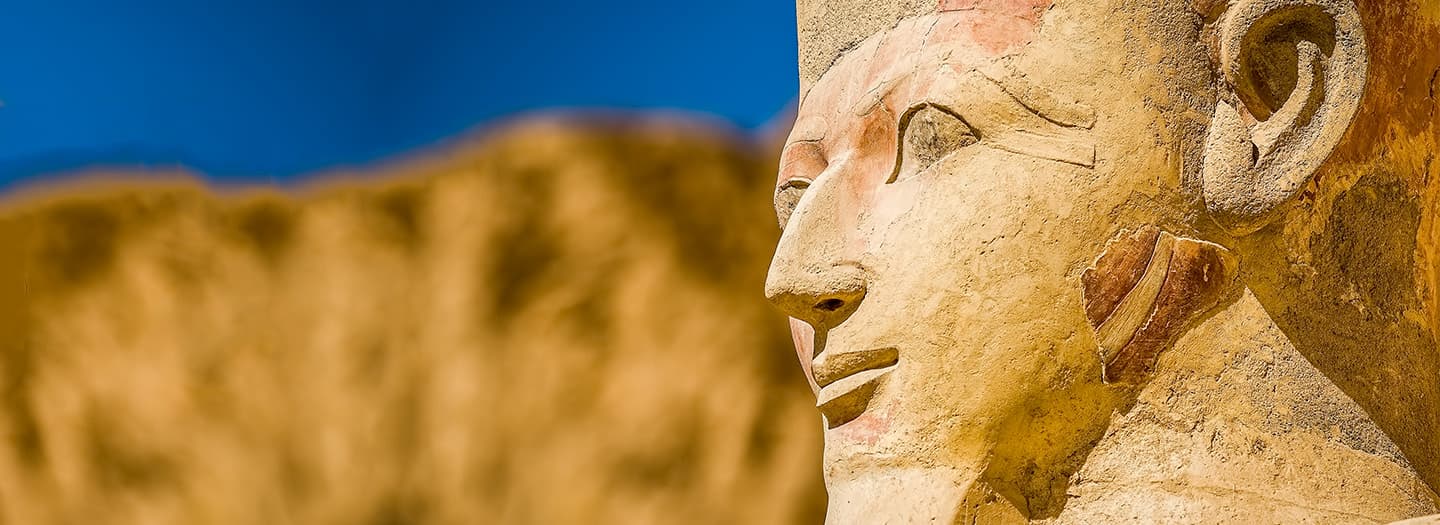
The Cairo museum has enchanting corners within. We are going to take you on a tour in one of the most inspiring corners featuring women of ancient Egypt.
Starting the Tour
Take a tour of the Egyptian Museum to view all the glorious remains of ancient Egyptian history. You will find monuments or significant figures who have left an indelible mark on history. You may be thinking, “What about the women?”.
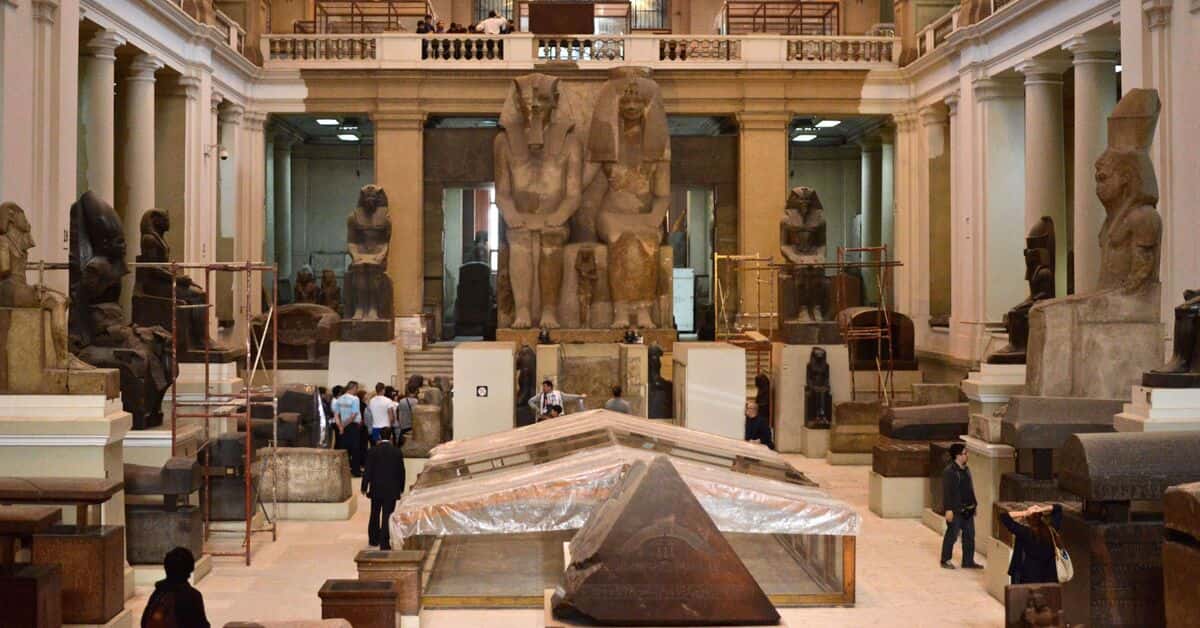
The Face on the Coin
You’ll find Cleopatra’s face engraved on a coin as an ode to her greatness and impact. Ancient Egyptian society gave women rights that were unusual for the time. This era saw the rise of impactful figures like Cleopatra and inspired the world (in antiquity and today) to give women a larger role in society.
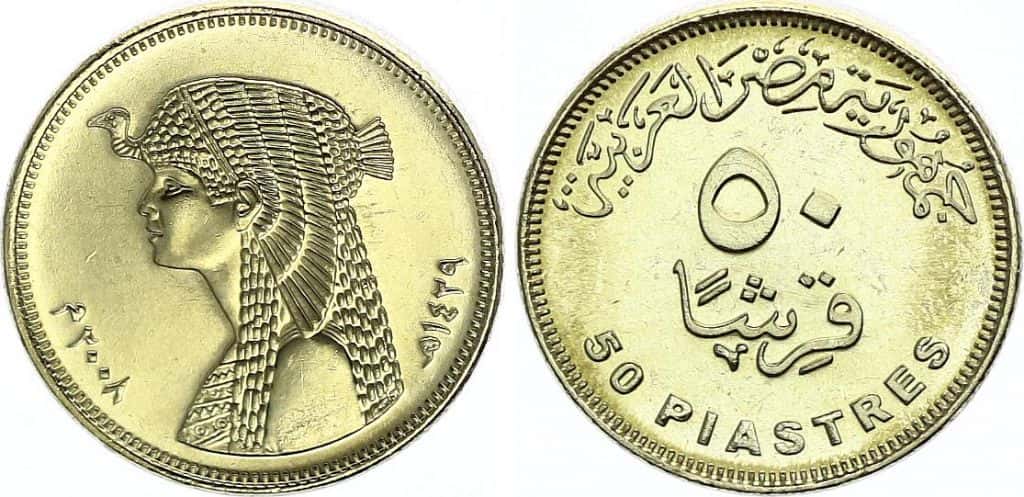
Where Humanity Began
The creation of humankind was retold in a number of mythologies in ancient Egypt. One of those includes the charming story of God Osiris and his sister the Goddess Isis. After Osiris was murdered by Seth, Isis used her magic powers to resurrect him for the dead. From this path, all of the humankind unraveled. This helps us understand how women rose to prominence and held a sacred role in Ancient Egypt. Isis was venerated as a divine motherly figure, laying down the foundation for women to thrive and be honored.
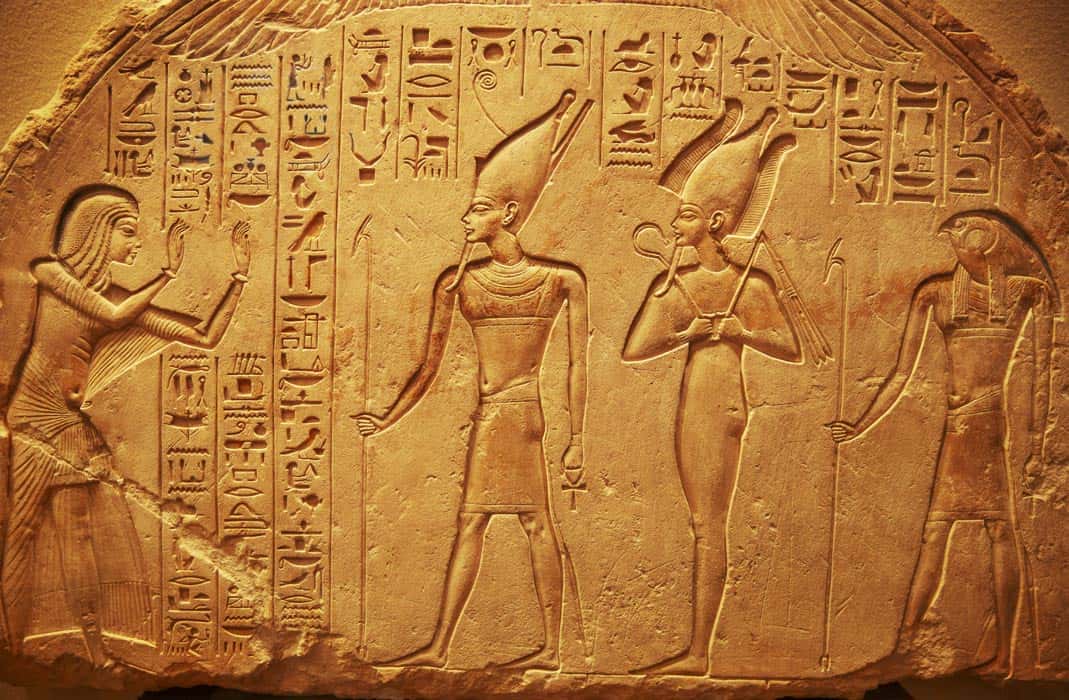
The Royal Mother
Hetepheres, the mother of Khufu - the builder of the largest of the Great Pyramids - lived during the Old Kingdom more than 4500 years ago. This special woman’s experience sheds light on the veneration, prestige, and powers held by mothers of kings throughout civilization’s history.
Next to the Great Pyramids lies the special burying place of King Khufu’s mother. He buried her by his side to ensure his rebirth in the afterlife. It may just look like a hole in the ground but actually, this is the birthplace of the entire Giza Plateau. At her time, the entire plateau had not been built yet. The rest of the necropolis unfolded as a result of her tomb.
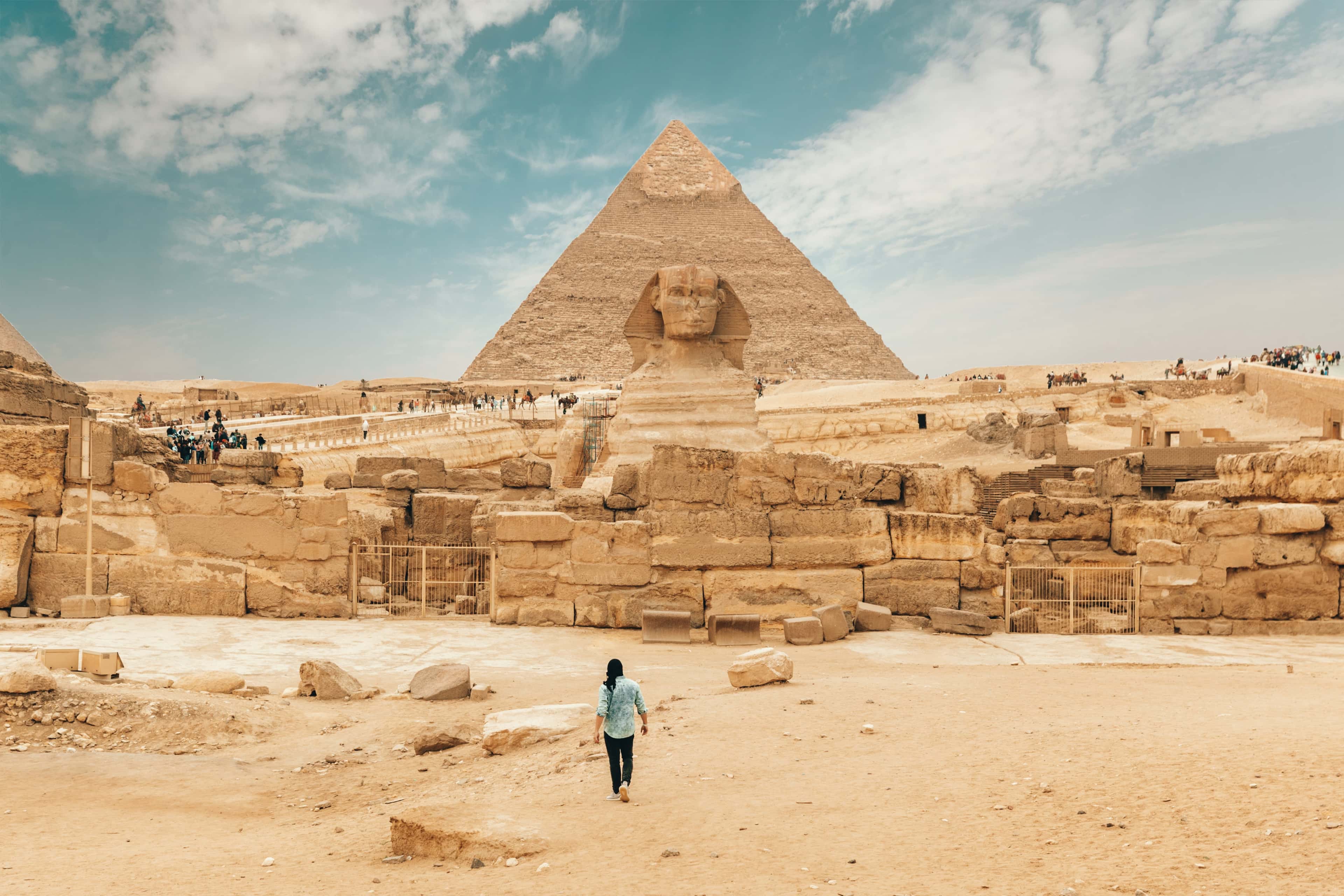
Hetepheres’s Tomb
20 meters deep into the steep shaft, you will find Hetepheres’s burial chamber brimming with the most spectacular golden treasures - unearthed in 1925. Hetepheres’ burial place is the oldest intact royal tomb ever found, predating King Tut’s tomb by more than 1300 years. All the tomb’s priceless possessions can be found on display at the Egyptian Museum. During your visit, you’ll find her bed, silver headrest, gold thrones, and dazzling gold-covered boxes. Her jewelry is also on display. You can see her silver bangles in a number of varying sizes that were tailored to fit only her, so no one else could wear them.
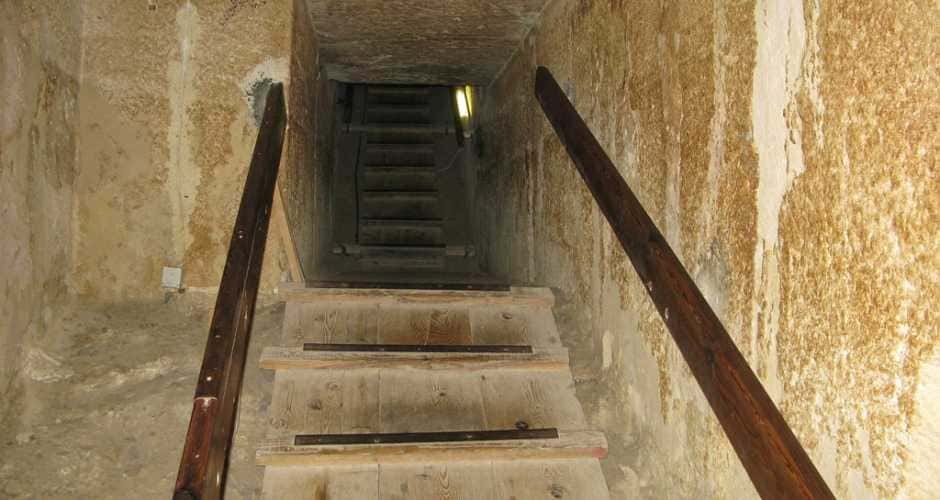
The Carrying Chair
King Khufu regarded his mother as the most important woman in his life; thus, he ensured that her tomb was filled with all the luxuries that she might need in the afterlife. A fabulous gold carrying chair was gifted to the queen Hetepheres by her son. It was a stunning work of art that carried the queen like a goddess, signifying that she was too majestic to merely walk on the ground. which is an absolute work of art for the queen to be carried like the goddesses indicating that she was far important than to walk on the ground. Her titles are inlaid in gold hieroglyphs down the back of the chair in dark ebony wood. The translation of the hieroglyphs says
“Mother of the king of lower and upper Egypt, follower of Horus, overseer of the affairs of the palace, she whose every command is carried out, daughter of the God's body.”
The last six hieroglyphs spelled out Hetepheres ending with the determinative hieroglyph symbolizing her enthronement.

A Mother’s Blessing
Although Hetepheres is the reason the Great Pyramids of Giza stand where they are today, at the end of the day, she only played the role of the king’s mother. She guided and raised him throughout his life, even facilitating his journey into the next world in the Field of Reeds.

